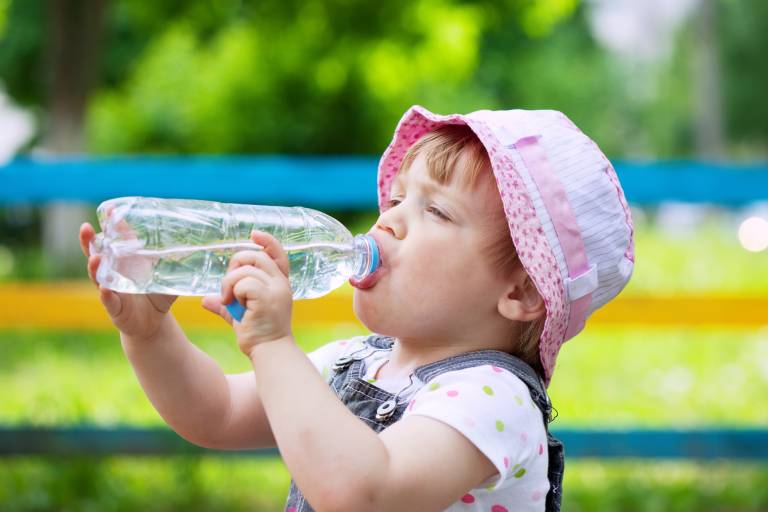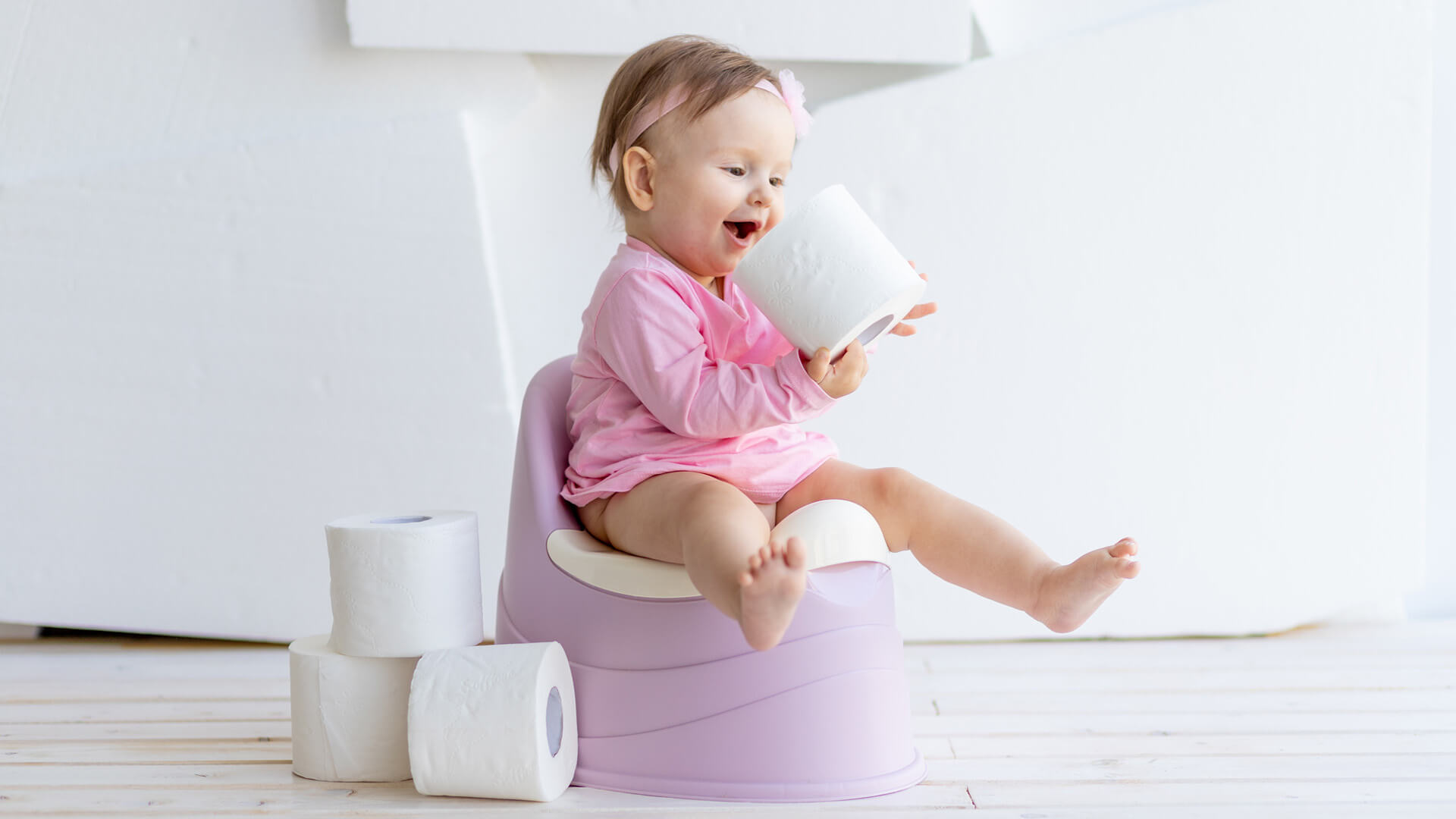Becoming a father is one of the most exciting and sometimes overwhelming experiences of a man’s life. From sleepless nights to diaper changes, fatherhood comes with its share of challenges, but it also brings immense joy and responsibility. Many expectant fathers hesitate to prepare, especially during pregnancy and the first few months after birth. The good news is that with the right mindset and preparation, you can approach fatherhood with confidence and trust. Below, you’ll find practical, actionable tips every expectant father should know. Why Preparation Matters for Dads-to-Be? Being a father isn’t just about supporting your partner during pregnancy; it’s also about preparing yourself mentally, emotionally, and practically. When fathers get involved from the beginning: Babies thrive through this bond. Mothers feel more supported and less stressed. Fathers gain confidence and strengthen their family bonds. Practical Tips for Preparing for Fatherhood 1. Educate Yourself About Pregnancy and Newborn Care Knowledge is power. Read books, take parenting classes, or explore reliable medical resources. Learn more about: Stages of pregnancy What to expect during labor How to care for a newborn 2. Be an Active Support System for Your Partner Pregnancy can be physically and emotionally demanding. Small actions on your part can make all the difference: Attend doctor’s appointments when possible. Help with household chores. Be patient during mood swings. Show emotional support and reassurance. Your involvement strengthens your bond as a couple and creates a positive environment for your baby. 3. Get Your Finances in Order Children bring joy, but they also bring new expenses. Being financially prepared reduces stress later on. Here are some tips: Set a budget for baby essentials (clothes, diapers, stroller, crib). Build an emergency fund. Check your health insurance to ensure maternity and newborn coverage. 4. Prepare Your Home for the Baby A safe and organized space makes life easier once the baby arrives. Consider: Setting up the nursery early. Baby-proofing your home (cover outlets, secure furniture). Stocking up on essentials like diapers, wipes, and baby clothes. Having these items on hand will save you last-minute stress. 5. Take Care of Your Own Health Being a father requires energy and patience. To be the best possible support for your family, prioritize your well-being: Eat healthy, balanced meals. Get regular exercise. Manage stress with relaxation techniques. Avoid smoking and limit alcohol. Healthy fathers are better prepared for the physical and emotional demands of fatherhood. 6. Plan for Work-Life Balance Many new fathers struggle to balance work and family time. Before the baby arrives, plan for: Discuss paternity leave with your employer. Organize flexible work arrangements if possible. Schedule quality time with your family to bond with the newborn. 7. Build Emotional Readiness Becoming a father is more than just a physical preparation: it’s an emotional change. Accept that your life is changing, and that’s okay. Here are some ways to build your emotional strength: Talk to other fathers about their experiences. Share your feelings and concerns with your partner. Be open to learning and growing along the way. Final Thoughts Preparing for fatherhood doesn’t mean being perfect, but rather being present, supportive, and willing to learn. By educating yourself, supporting your partner, and planning, you’ll approach fatherhood with confidence and love. Remember that every father’s journey is different. Don’t be too hard on yourself: what matters most is your effort and commitment. Need expert advice on fatherhood, parenting, and family health? Visit Dr. Olfa for reliable medical reviews, practical guides, and tips tailored to parents in the UAE.
04 248 1000
drolfa.k@gmail.com
Sat - Thu: 9:00am - 7:00pm













